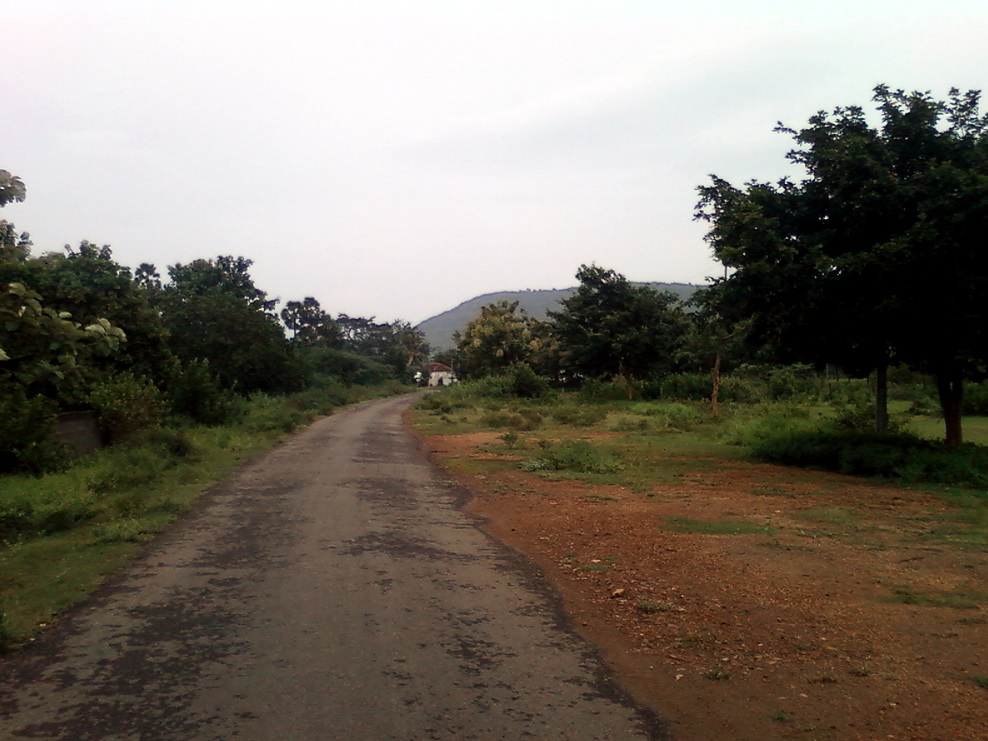World Food Programme Project in South Sudan focuses on road that changes lives

- Country:
- South Sudan
All the roads aimed for rehabilitation were carefully identified as priority roads in the region by authorities and World Food Programme. Special attention was given to roads linking farmers from source areas to markets and those connecting people to clinics and other necessities.
Supported by the Dutch government, the project intends to improve some 250 kilometres of roads, assuring year-round access to more than 20 markets for 10,000 smallholder farmers and residents like Yunis. “Women can now start small businesses like selling pancakes by the roadsides. Others will open small stalls to sell food to travelers by the roadside,” said Yunis Suratere, a 50-year-old woman hailing from Saura in the Equatoria region, on the west of the capital Juba.
The soft-spoken mother of six says women in her village are enterprising, but lack an enabling environment and that had somehow stifled their inventiveness. But all this might change thanks in part to a new World Food Programme project that is building roads in her area. “The road is very important to our community. Pregnant women could not access healthcare in time because of the poor state of the road. Now ambulances can drive and collect them when needed,” the Director of Physical Infrastructure in the Equatoria region, Gbiabie Godwill Bullen opined.
Majority of the people in the former western Equatoria depend on agriculture. Once WFP-supported roads are completed, those will be widely opened to agricultural trade in both Eastern and Western Equatoria states which were cut-off due to poor connectivity.
“This road is now our gateway from abject poverty. We will access markets and our produce won’t go bad,” a farmer named James Joseph said. “I was a very serious farmer, I would sell maize, cassava, and vegetables to raise money for my children’s school fees and clothing,” he added.
“Promoting socio-economic development is one of the pillars that informs our activities in the country. With infrastructure such as roads, people can easily access services such as healthcare and schools,” Matthew Hollingworth, WFP’s Country Director in South Sudan said.
South Sudan has a road network of over 20,000 kilometres, but only 200 kilometres is paved. Decades of conflict and years of neglect have stalled infrastructure development in the country. Road travel is difficult with 60 percent of the country inaccessible especially during the six-month long rainy season from June to November every year.
WFP is constructing and maintaining access roads in various parts of the country with resources from the European Union, United Kingdom, Dutch government and other partners.
- READ MORE ON:
- World Food Programme
- World Food Programme WFP
- WFP
- South Sudan










